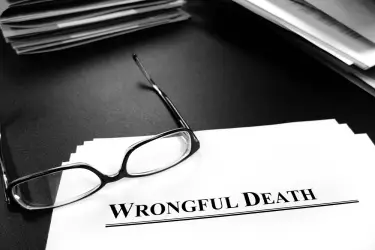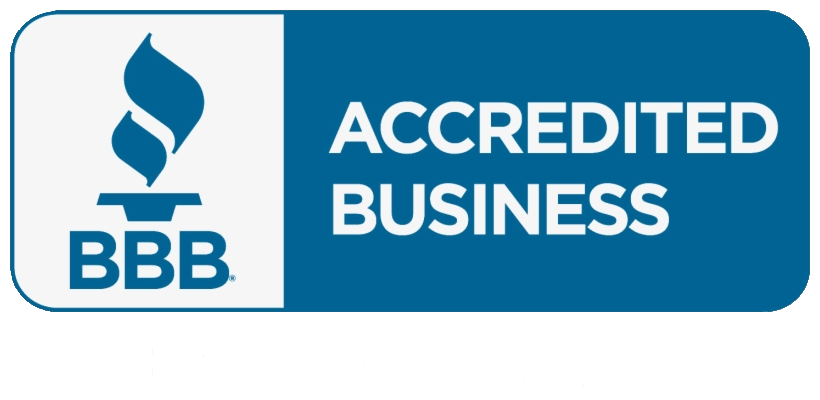If the deceased person doesn’t have any close family members, their estate may still be able to recover damages. The court will appoint a representative for the estate, and that person can file a wrongful death claim on behalf of the deceased. This could be a family member, a close friend or a lawyer. Other relatives may also be able to file a claim if they can prove they were emotionally close to the deceased and suffered financial losses because of their death. In some cases, even if there are no immediate family members, the court may allow distant relatives to file a wrongful death claim. This is usually only allowed if there’s no one else who would be more closely affected by the death. For example, if the deceased was single and had no children, the court may allow a close friend or extended family member to file a claim.
What is Meant by Direct Family in New York State?
The definition of direct family can be found in Subdivision 6 of section 13-0328 of the Environmental Conservation Law (Senate Bill S6419A.) It states that the following are immediate or direct family:
- Spouse
- Children
- Parents
- Grandparents
- All individuals related by blood, marriage or adoption and who live in the domicile
Deadline to File a Wrongful Death Lawsuit

New York, like every other state, places a deadline within which the claim must be filed. This is called a statute of limitation. If a person tries to file after the deadline, the case will not proceed. The deadline in New York State is two years from the time the person died. There are some exceptions to this rule such as if a minor is involved.
Then, it is possible to delay filing until the minor has reached 18.
Damages in a Wrongful Death Case
The amount of damages recoverable in a wrongful death case depends on many factors, including the relationship of the person filing the claim and the financial losses they’ve suffered. Wrongful death claims are designed to compensate surviving family members for their loss and can include damages such as:
- Funeral and burial expenses are recoverable. Today, the cost of final arrangements is high.
- Lost income from the time the decedent was hurt until they passed away can be claimed. This also includes bonuses and other job perks as well as commissions.
- The physical pain and suffering the decedent suffered from the time of the accident until their death is recoverable. Other forms of pain and suffering are not currently allowed. However, a new bill, The Grieving Families Act, is awaiting the governor’s signature. It will enable the family to receive compensation for emotional distress due to the loss of a loved one.
- The value of the parental care and support that the deceased provided may be claimed.
- The monetary value of hiring other people to perform tasks routinely done by the decedent such as preparing income taxes and childcare can be recovered.
- The monetary support the deceased would provide to family members is also recoverable.
Proof in a Wrongful Death Claim
In any personal injury case, evidence that proves responsibility and negligence is necessary. That is also true of a wrongful death claim. The following factors must be met for a wrongful death claim to proceed:
- Proof the family member died: This requirement is proved with a death certificate, a statement from the doctor or funeral director or a certified police report or autopsy. If the person died outside the United States, a certification by the U.S. Counsel or the Department of State is required.
- Duty of care: Proof that the at-fault party owed a duty of care to the decedent is necessary. Essentially, everyone owes a duty of care to everyone else, be it on the road or as a medical practitioner or in additional situations such as the owner of a commercial business and others.
- The duty of care is broken: If the doctor fails to provide a correct diagnosis or if a driver is speeding or if any other situation exists where the person negates their duty of care, the bond is breached.
- The reason the duty of care is broken: Proof must be given to substantiate how the duty of care is broken. This can be done using medical records, witness statements or evidence of an accident.
- Family members’ loss: It is necessary to prove that family members suffered a financial loss due to their loved one’s demise. Evidence such as bills showing the cost of funeral and burial arrangements, medical expenses, loss of future support and the like are needed.
- Relationship to the decedent: It is necessary to show the relationship that existed between the family member and the deceased.
A Wrongful Death Lawyer Can Help
When a loved one dies due to someone else’s negligence, it is essential to know that you may have legal recourse through a wrongful death claim. These cases can be complex, so it is crucial to seek the guidance of an experienced personal injury lawyer who can explain the process and ensure that your family receives the compensation you deserve. Contact us today for a free consultation. We would be honored to help you through this difficult time. The Platta Law Firm can be reached in New York City by calling (215) 514-5100 or by contacting us online.




